Resilience - Through and Beyond COVID-19
The pandemic impacted many who relied on responsible tourism. Now that travel is back, we catch up with some of our featured profiles to see how they and their communities are faring.
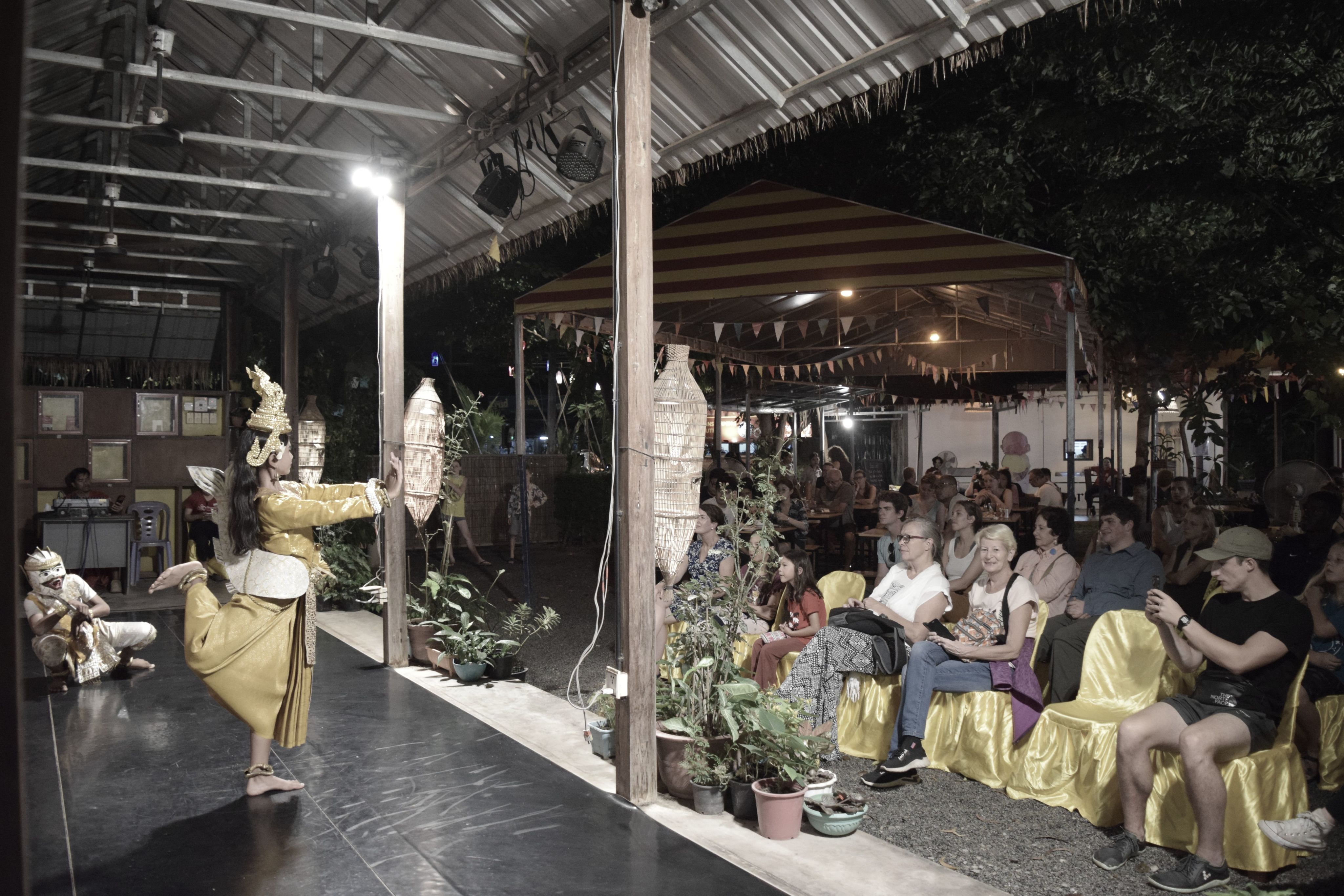
Tourism got decimated during the COVID-19 lockdowns. Today the travel industry has bounced back - but patchily. NGOs and social enterprises in Asia which promote responsible travel are struggling. Marginalised communities who rely on tourism dollars for their livelihoods have felt the sting. And yet as we speak to the organisers the word “resilience” reverberates - for both parties.
Over the past few years, we featured a number of The Better Traveller (TBT) initiatives which were committed to giving back to their communities during the pandemic.
We’ve recently checked in on six of them and though things have gotten a bit better, all of them said they could do with a helping hand.
Mekong Quilts
Vietnam
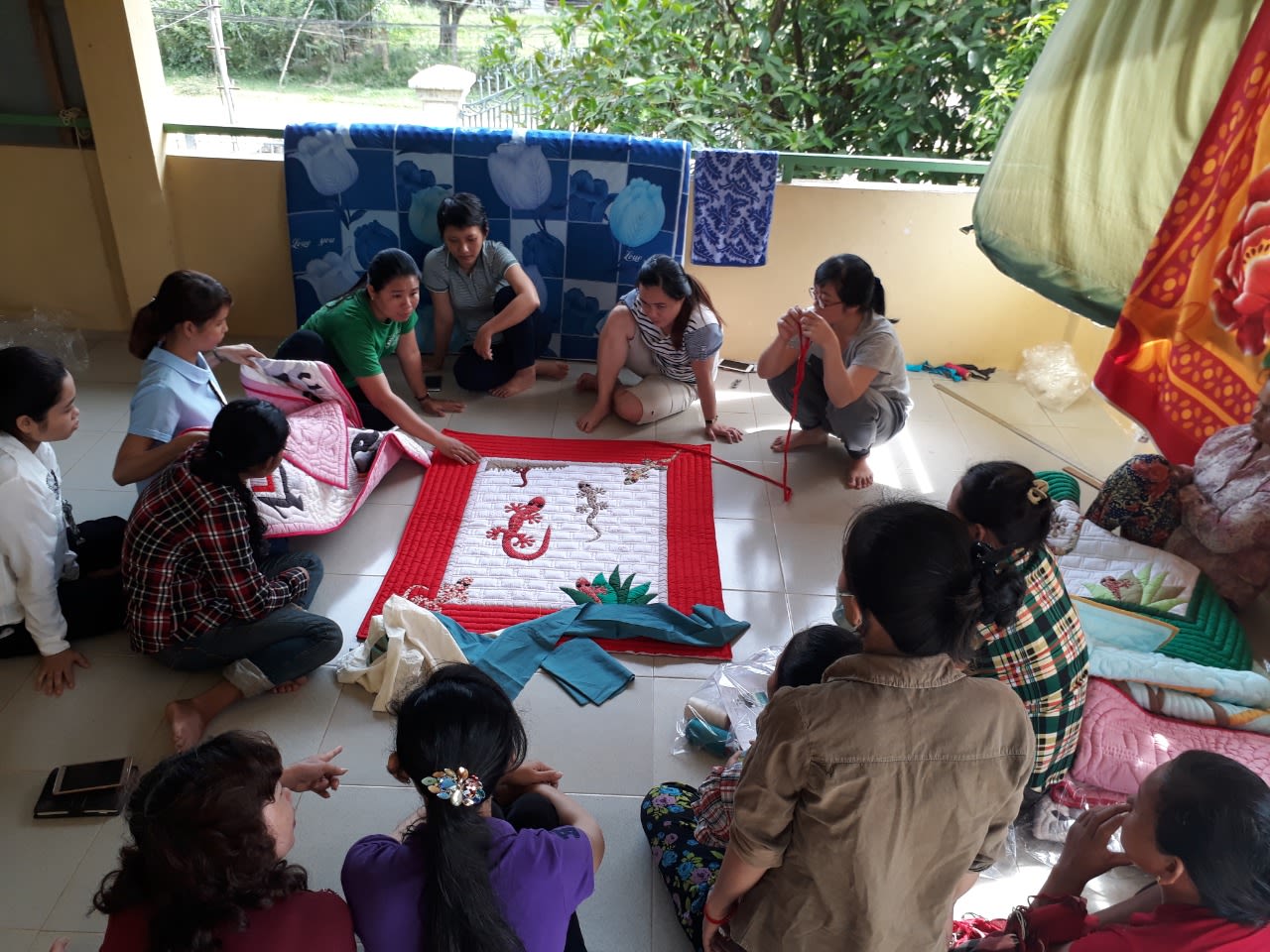
For Mekong Quilts, a social enterprise which employs under-privileged women in Vietnam and Cambodia to create artisanal quilts, things began to unravel during the pandemic. The five shops they had were forced to close due to the decline in business, and they lost 70 per cent of their artisans and quilters. Tourist footfall today is down by 50 per cent from days of old.
‘Struggle’ is a word Bernard Kervyn, founder of the social enterprise, uses to describe the current state of play. The word reflects the reality for his organisation and the communities he serves. And yet this is a comment from a hopeful man.
After great effort, he and his team have now opened a new store in Ho Chi Minh city. A second shop is being planned for Hanoi. Their quilts remain popular, and during the pandemic the batik reusable cloth masks proved a hit in Europe and elsewhere. And now the quilted jackets are taking the lead.
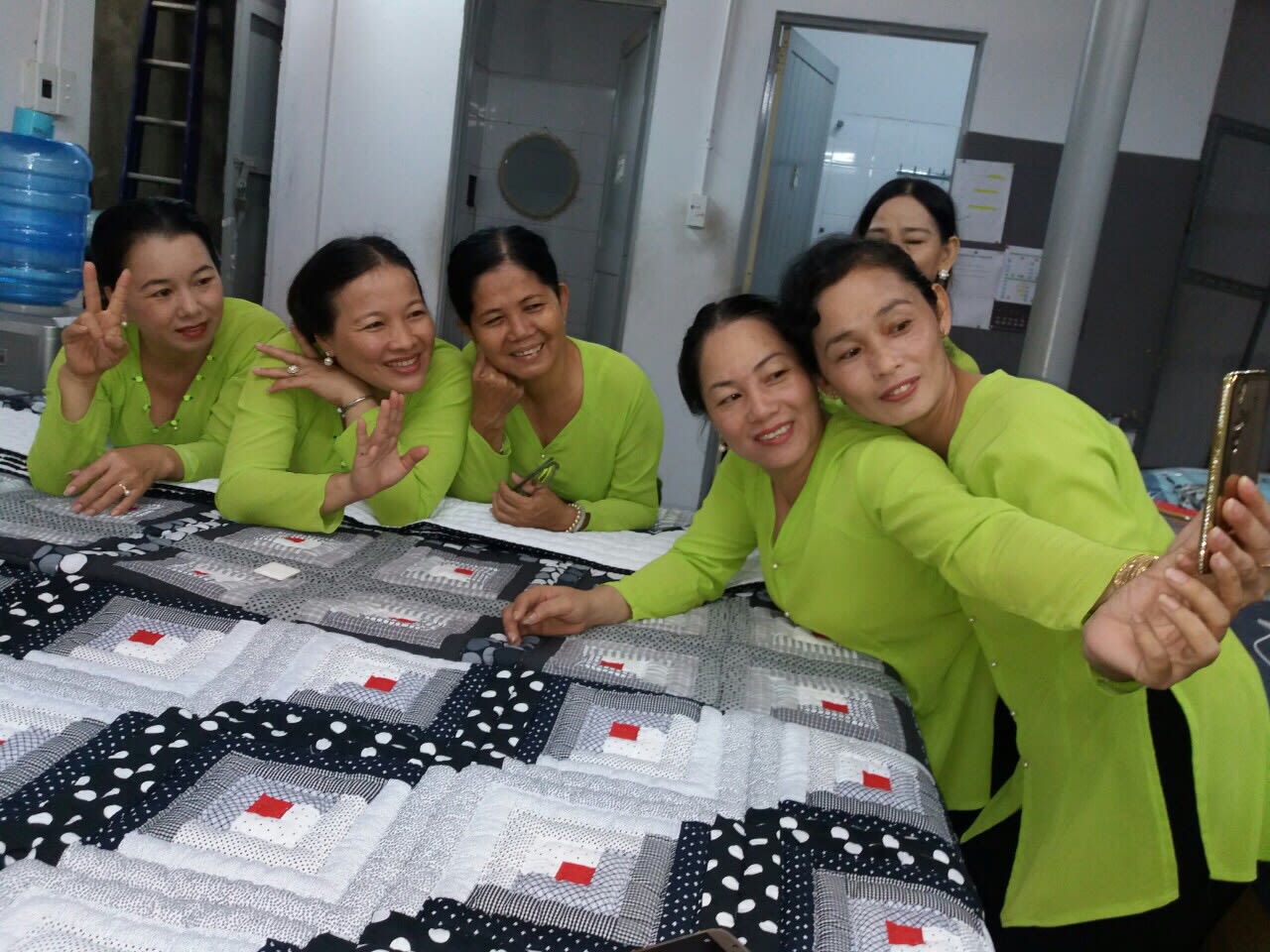
The joy of working together at Mekong Quilts
The joy of working together at Mekong Quilts
While progress may be slow, seeing the children of the villagers being able to attend school, thanks to Mekong Quilts’ employment, gives motivation to Bernard. “If you can keep the children in school, it is the most important thing. Today it may be hard, but the future for them is definitely better.”
Mekong Quilts continues to touch lives and make a difference.
So should you find yourself in Ho Chi Minh, visit their store or go online and support their efforts.
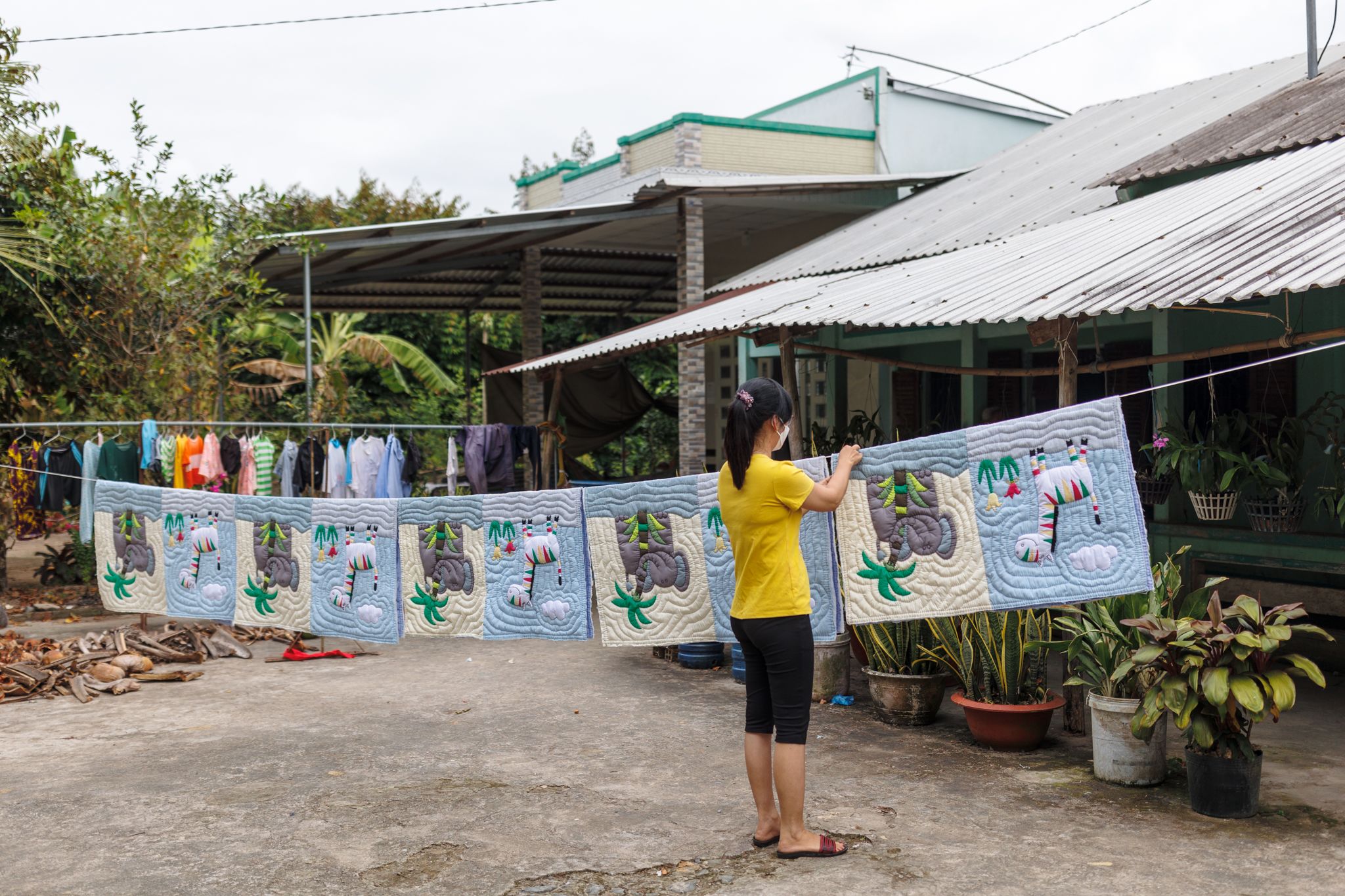
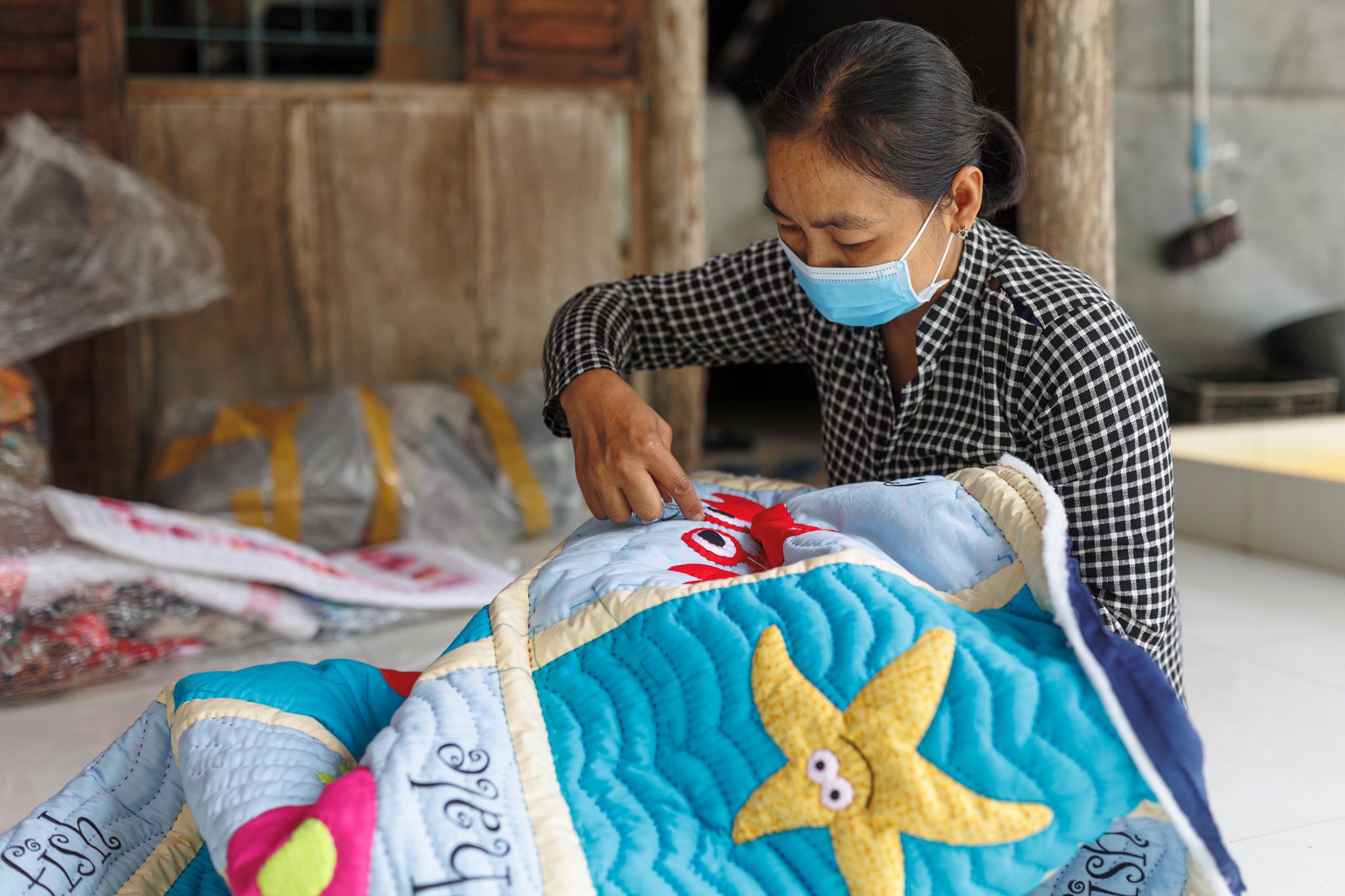
SaveAGram
India
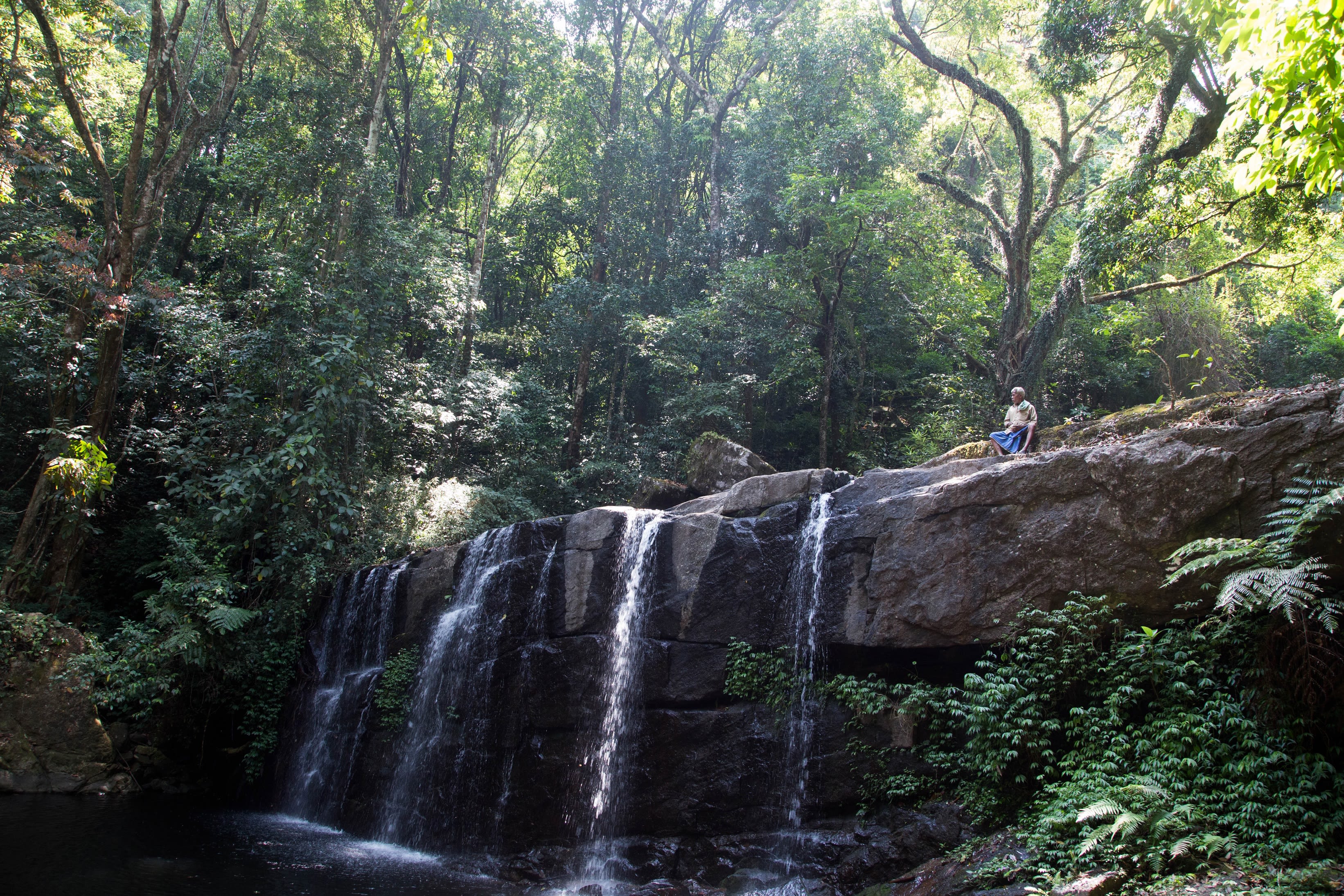
Amala Menon started SaveAGram, a homestay venture, along with other volunteers with the aim of providing dignity and self-esteem to farmers, and showing villagers what a rich treasure they have in their own backyards of Kerala and Garhwal. Homestays proved to be the perfect way to allow travellers to experience local culture while providing economic support to the villagers.
All that came to a stop during the lockdowns. When travel resumed, nothing went as planned - some tourists returned but others stayed home. New exotic places opened up. Ladakh in the Kashmir region captured the imaginations of people. And the homestays of SaveAGram saw fewer enquiries.
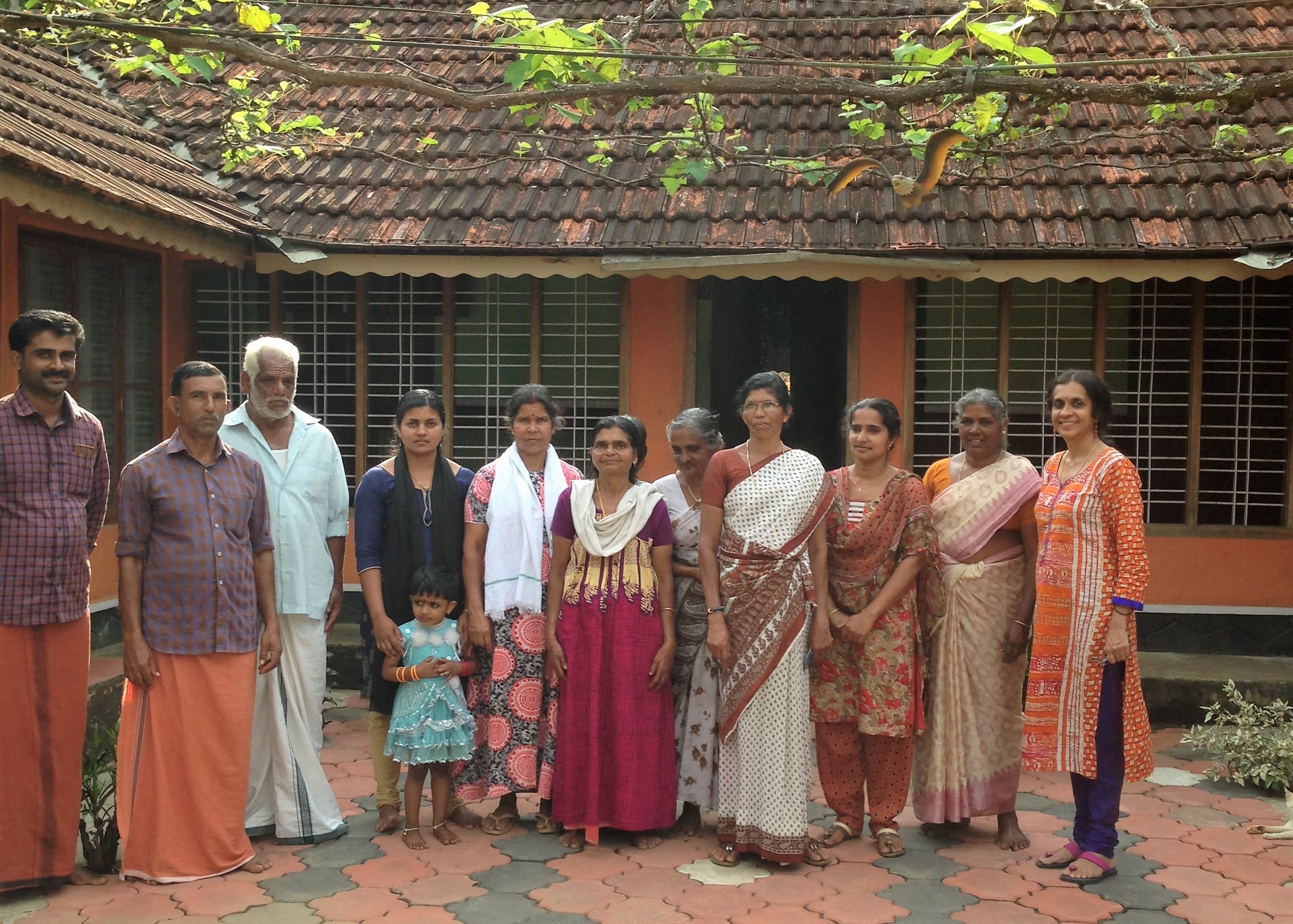
Amala Menon (extreme right) with farmers offering homestay in Wayanad, Kerala.
Amala Menon (extreme right) with farmers offering homestay in Wayanad, Kerala.
But recognising the unique beauty of the twin gifts of landscapes and culture which Kerala and Garhwal continue to provide, Amala keeps up the effort despite the shifting trends. “It’s beautiful experiencing these homestays. They are so rustic, it’s unbelievable. It’s like going back in time.”
While the team navigates through the challenges, they are still keeping their community close to their hearts. They provide funds to the villagers so that they can get basic necessities. In addition to that, the team has also concentrated efforts into their online store, which sells the organic products from these farmers.
If you are travelling to the region of Kerala and Garhwal, the people of SaveAGram would love to host you and show you an authentic way of life. You can also purchase their organic spices via their online shop. All this helps to make an impact for the regions’ villagers.
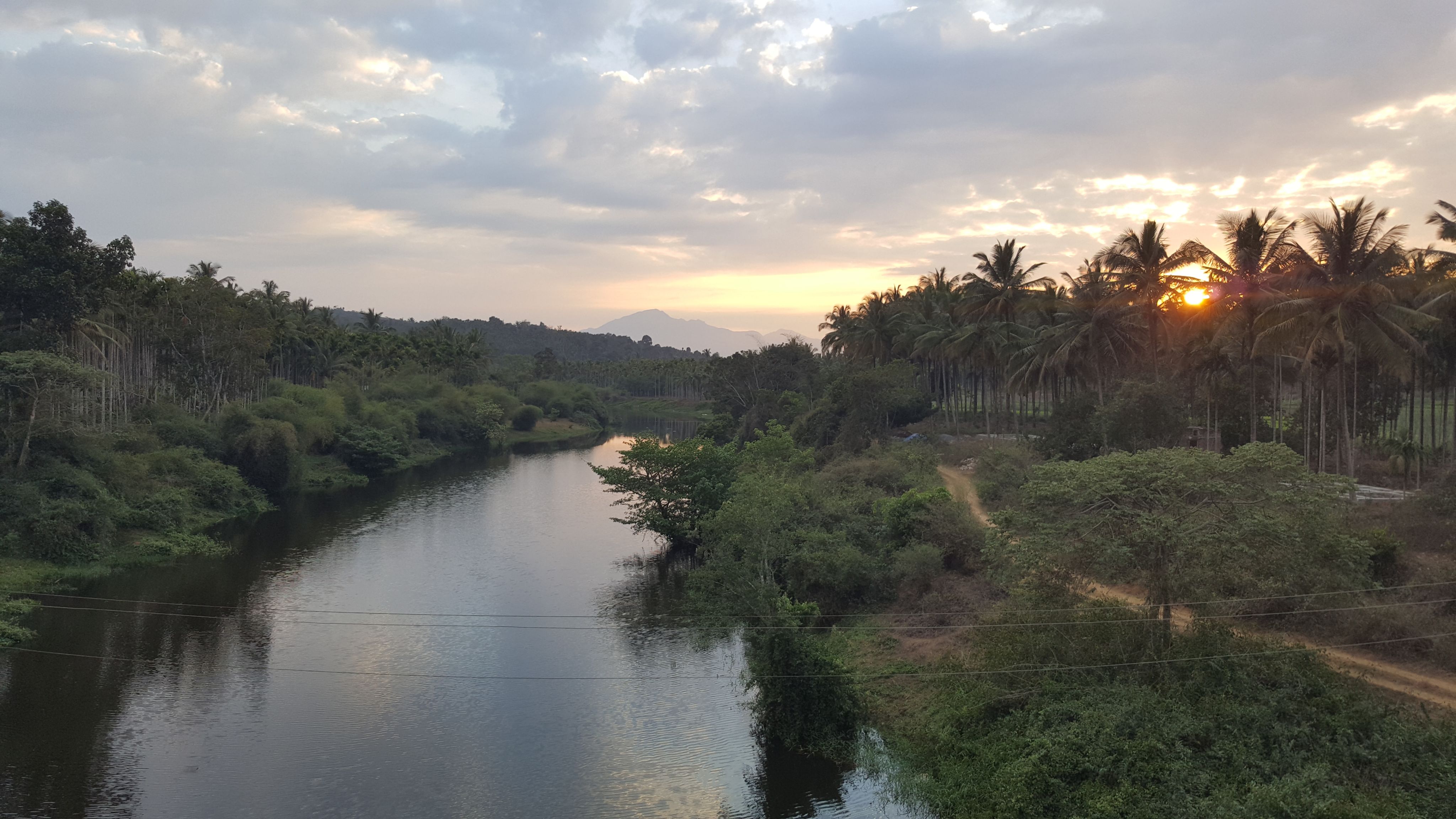
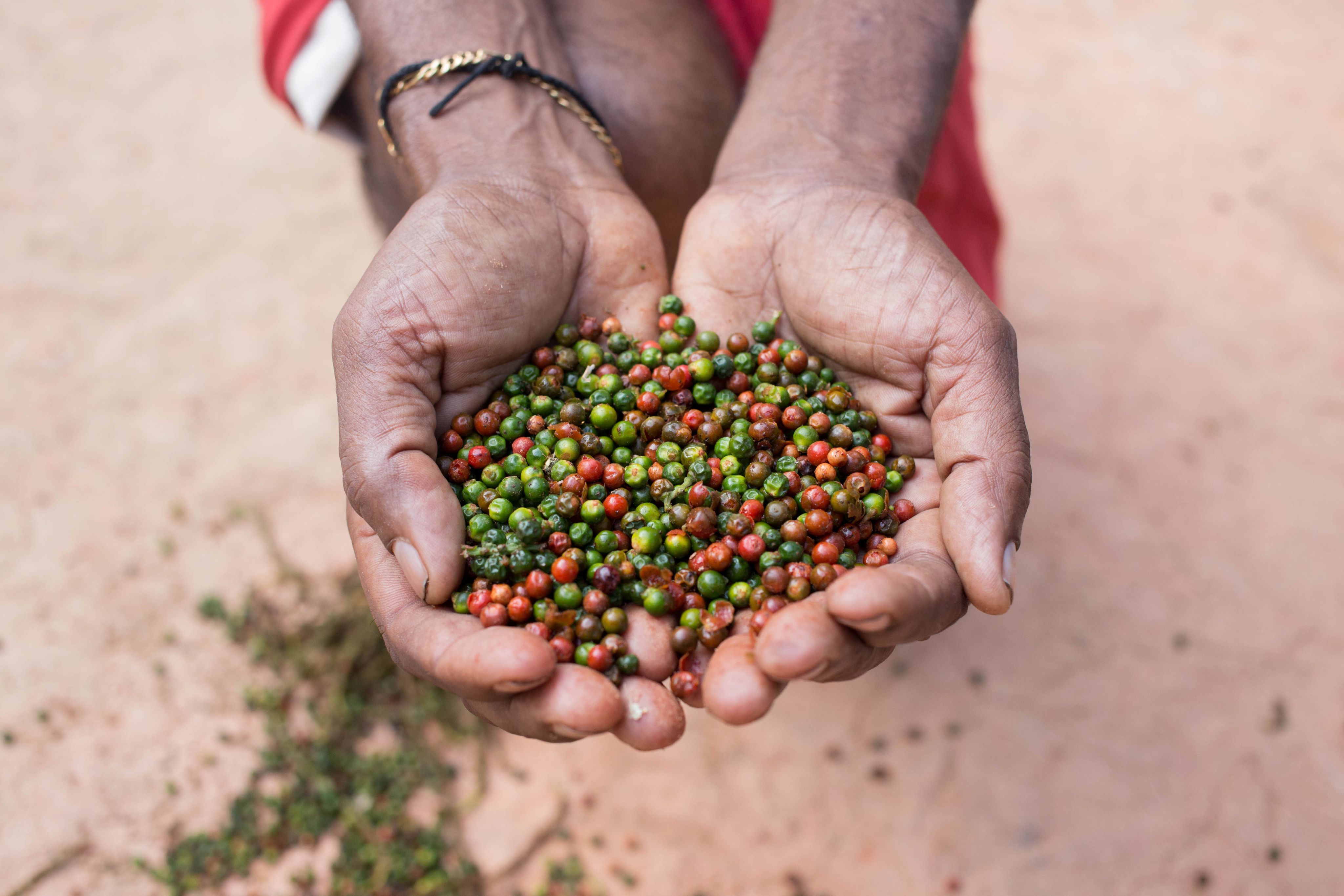
Habre's Nest
India / Nepal
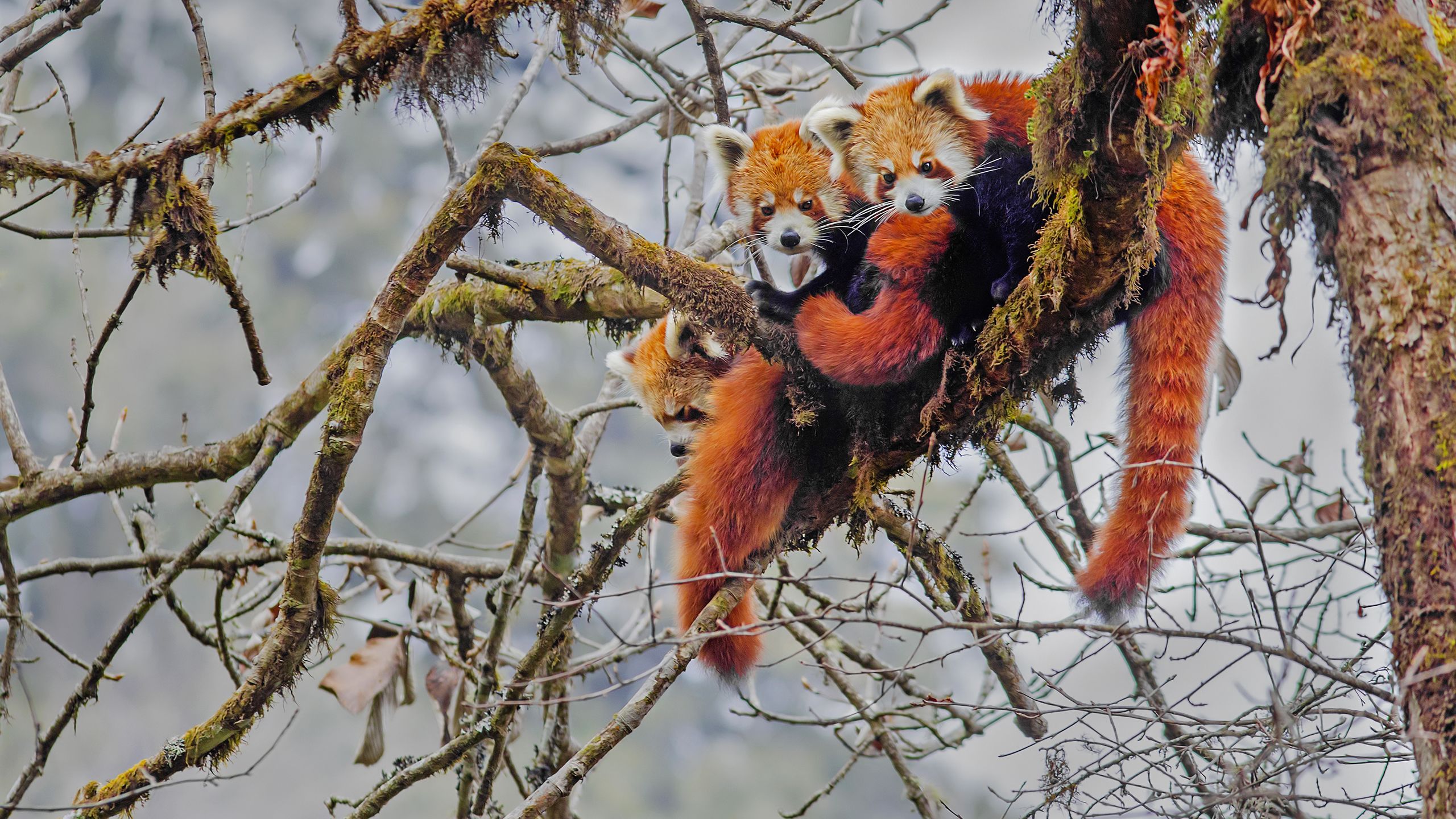
Shy and solitary animals, the red pandas living at the 3,048 metre level, bordering India (Singalila) and Nepal (Tinchule) draw tourists. Habre’s Nest’s invitation is to the trekkers and the wildlife lovers. In turn the research and ecotourism organisation shares 20 per cent of its profit for the Red Panda and Habitat Conservation. That’s the business model. No donations. The tourists are their lifeblood.
So what happens when tourism comes to a halt? For Shantanu Prasad, the man who dreamed and founded Habre’s Nest, the welfare of his team was critical. “The last three years of the coronavirus were troubling ones. Still, all our staff were supportive, and we did not have to lay off anyone.” To survive for some that meant selling their cows or property. Habre’s Nest stayed and went through the struggle with the villagers. Today 22 staff continue to work with him.
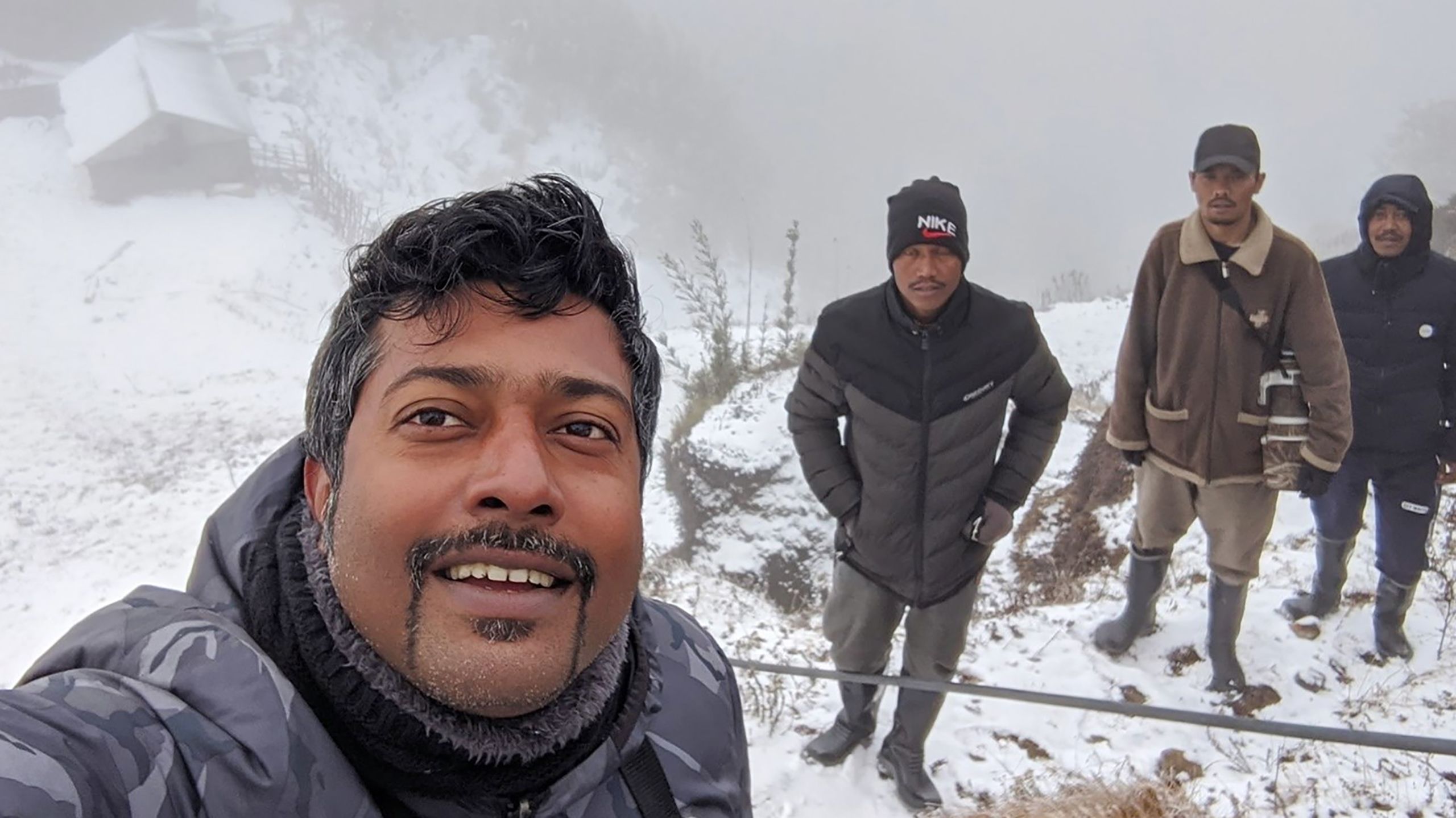
Shantanu Prasad (left) and his team high up in the Himalayas
Shantanu Prasad (left) and his team high up in the Himalayas
For Habre’s Nest now the tourist cancellations have stopped. At last. Shantanu attributes the successes of the conservation organisation to the team. No one gave up. Instead, the “downtime” was used to make better, safer dwellings for the red panda. Other threats though remain. Cattle eat the bamboo that is so vital for the red pandas survival. And so more education takes place. But at the same time Habre’s Nest gives back to the villagers by organising medical camps – something they have never had even before COVID-19.
For Shantanu what’s evident at Habre’s Nest is resilience. COVID-19 did a lot of things, but it also brought the team together. The residual sentiment is “we suffered the whole virus together. Now we have more stories to share and laugh at and cry at.” The pandemic made the team and the villagers stronger and better equipped to help man and wildlife cohabitate.
Visit Habre’s Nest to see the red pandas in their natural habitat thanks to the good work being done by the local community.
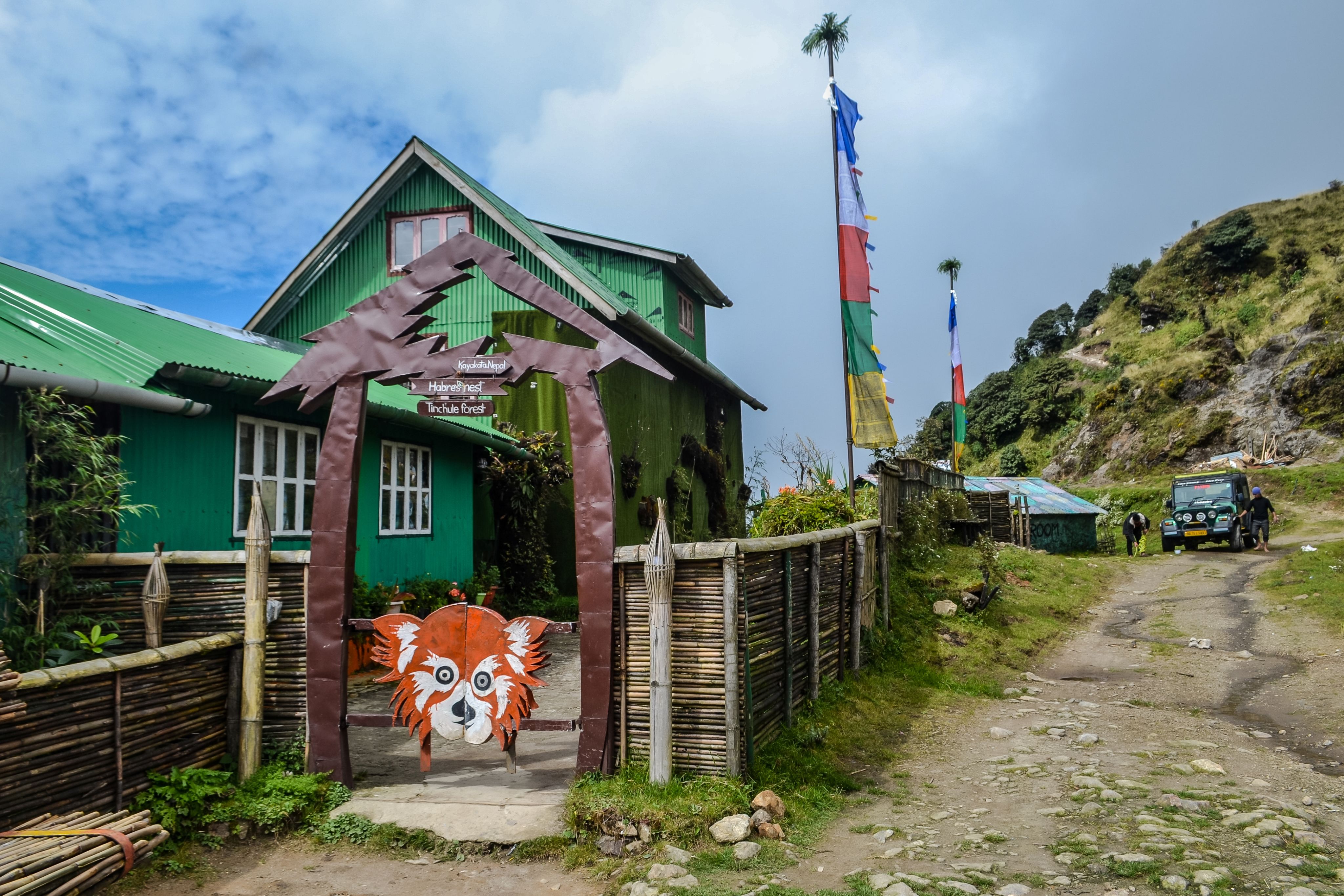
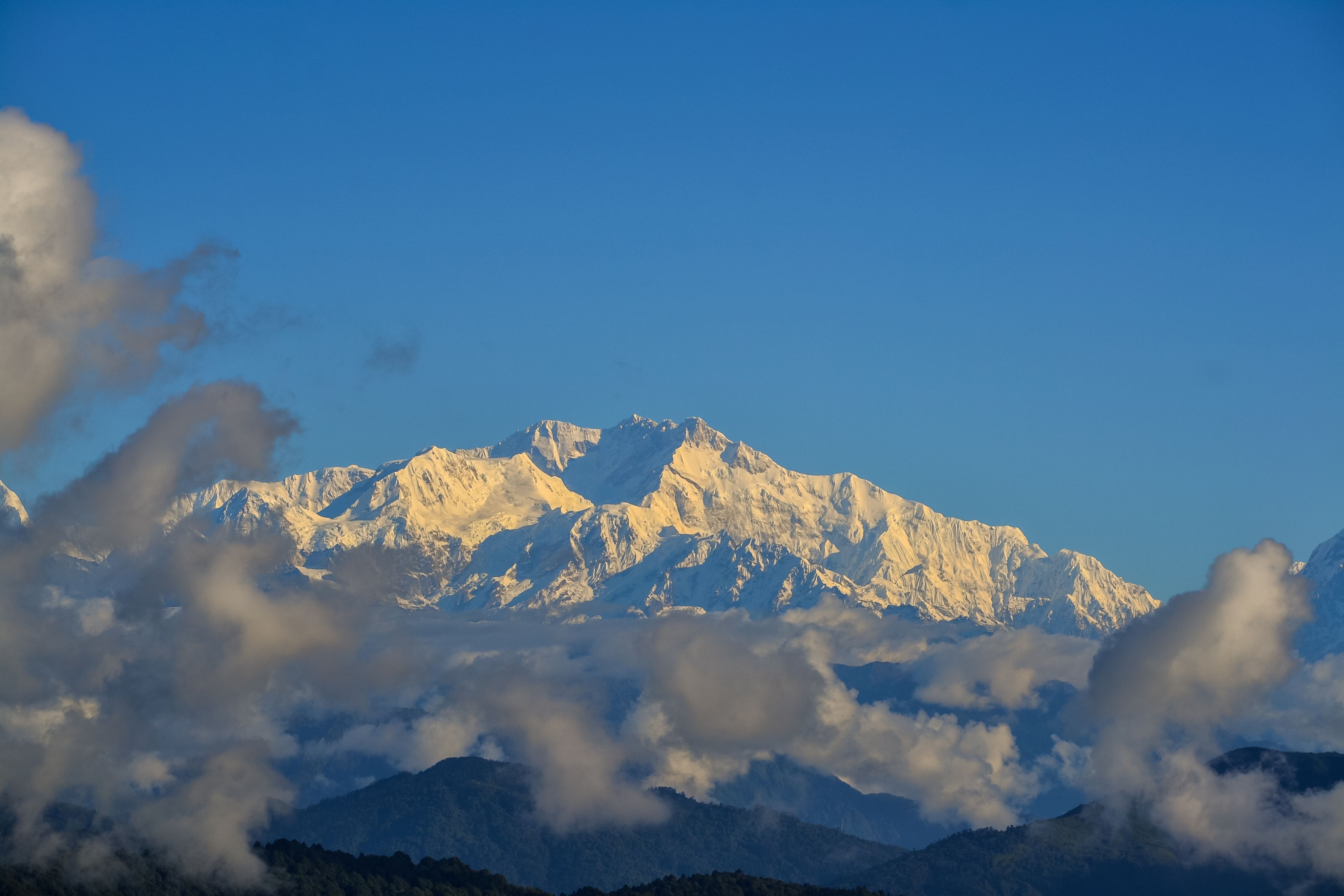
Green Acres Orchard and Ecolodge
Malaysia
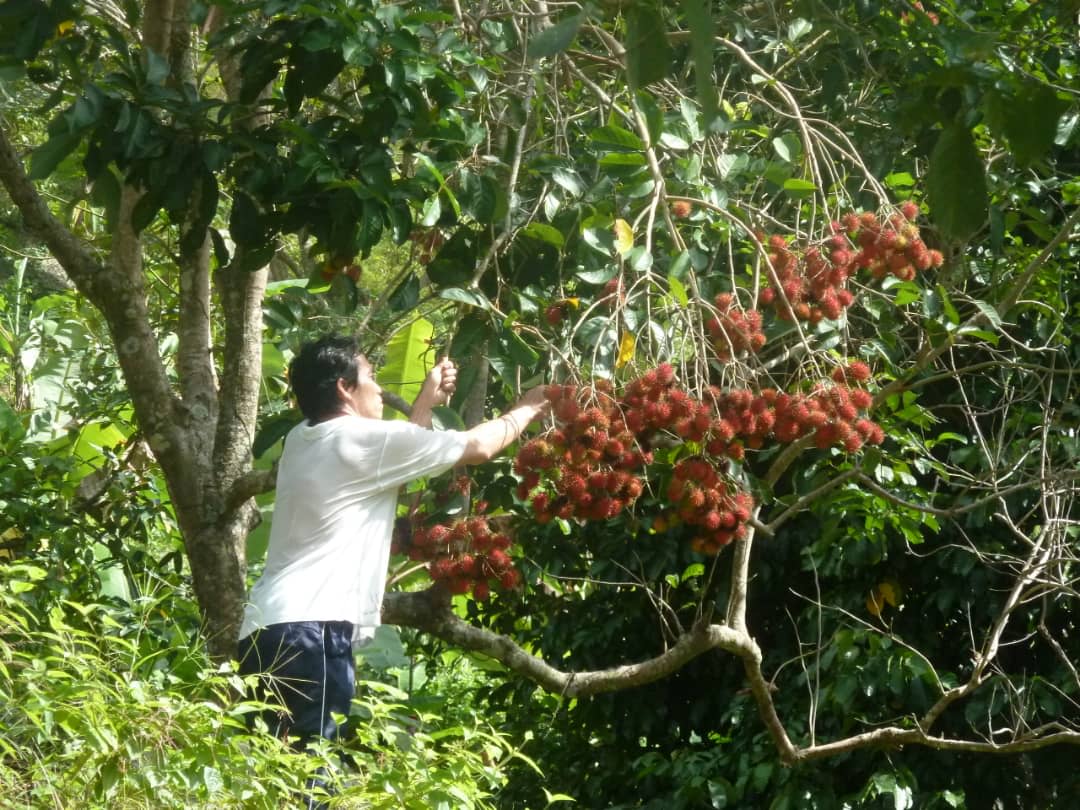
Durians have always been a favourite amongst Malaysians. And the thorny fruits of Green Acres draws in the crowds due to their unique taste. A result of organic farming. A practice that not just produces amazing fruit that is chemical free, but which also minimises pollution to the surrounding environment.
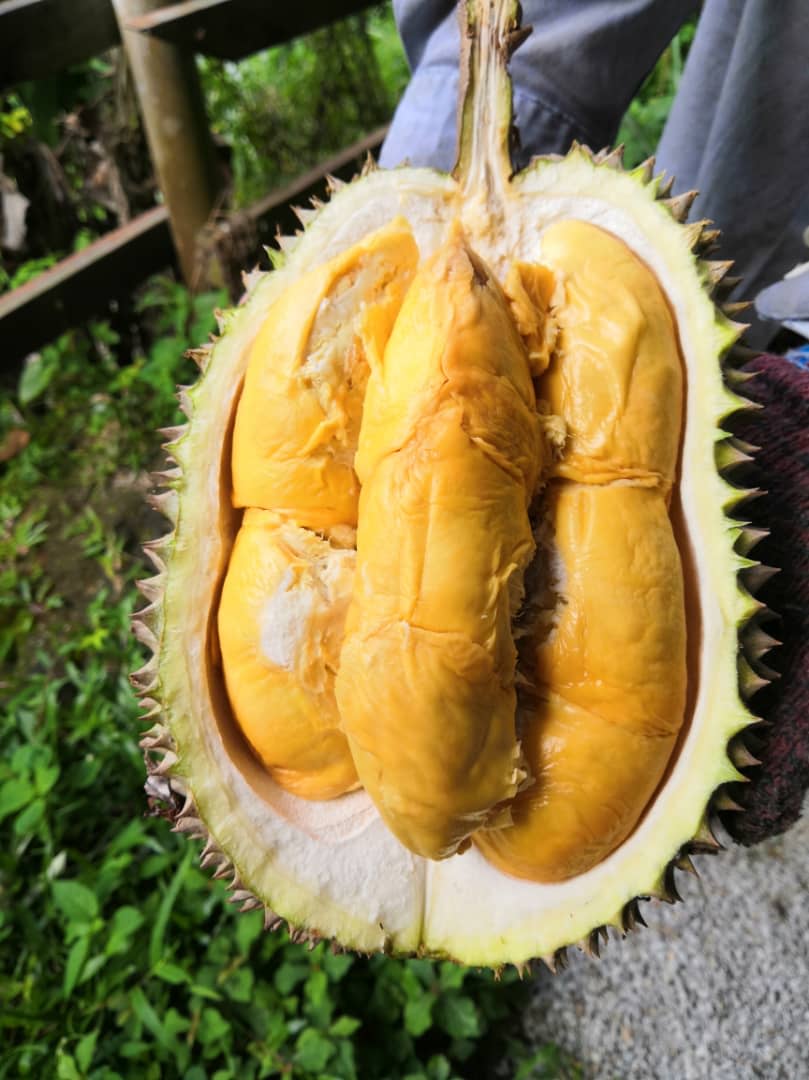
The "King of fruits"
The "King of fruits"
Though the pandemic shuttered the Ecolodge, the demand for the durians continued. So Kim Chong and her husband Eric, who own the fruit farm and lodge, had to find ways to adapt. “Social media and online marketing has helped us reach more direct customers.”
Now that the Ecolodges’ doors are open again, she sees a different type of traveller. “The recent type is a better informed one: more of our guests are aware of sustainability issues and some come to see how we are keeping our farm chemical free. We are getting sustainably minded people.”
The couple are seeing demand for homestays increase as well. Locals in nearby areas like Balik Pulau are opening more venues for homestays. She welcomes the sprouting of these homestays since it increases her customer base and boosts her online orders as well.
The Chongs continue to promote sustainable agritourism through Green Acres and the Ecolodge. Basically, they do two things well - feed people and look after the environment. You can be a part of the venture just by visiting and staying with them in their Ecolodge in Penang, Malaysia and enjoy the fruits of their labour.
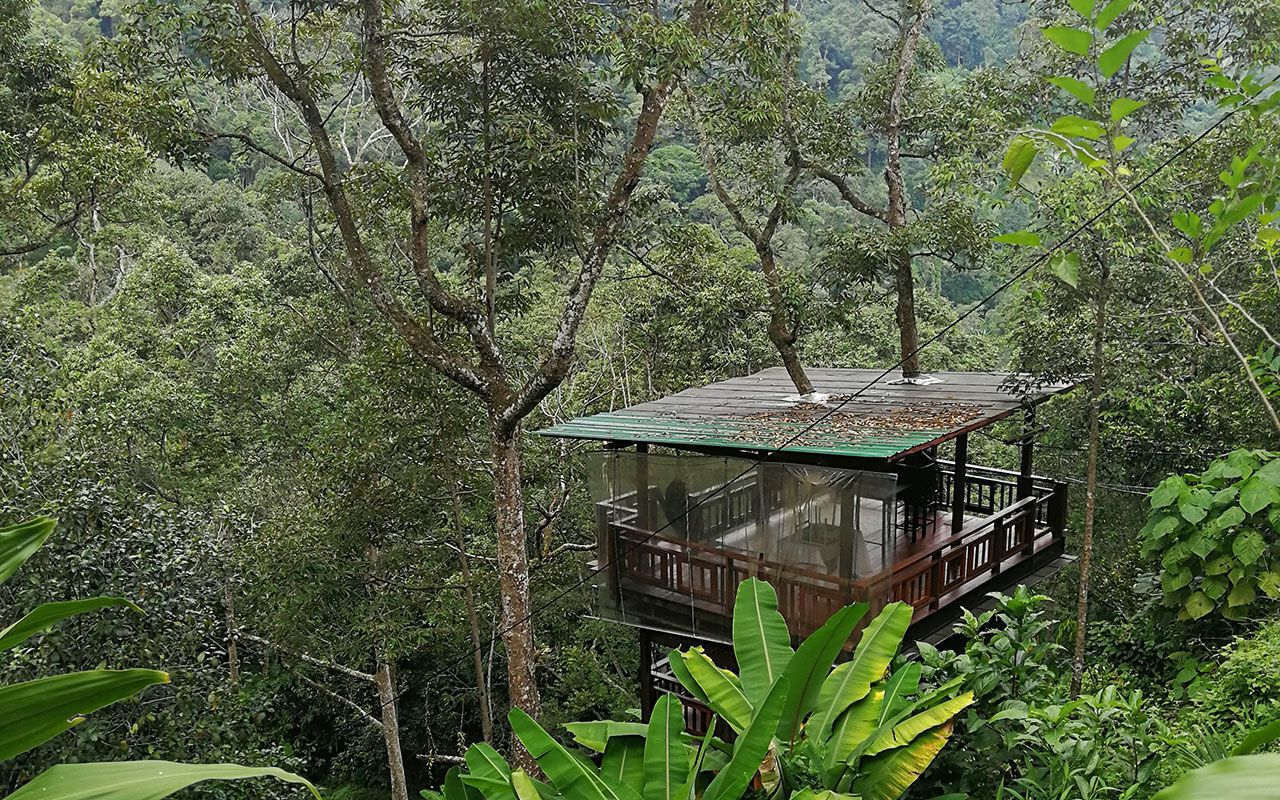
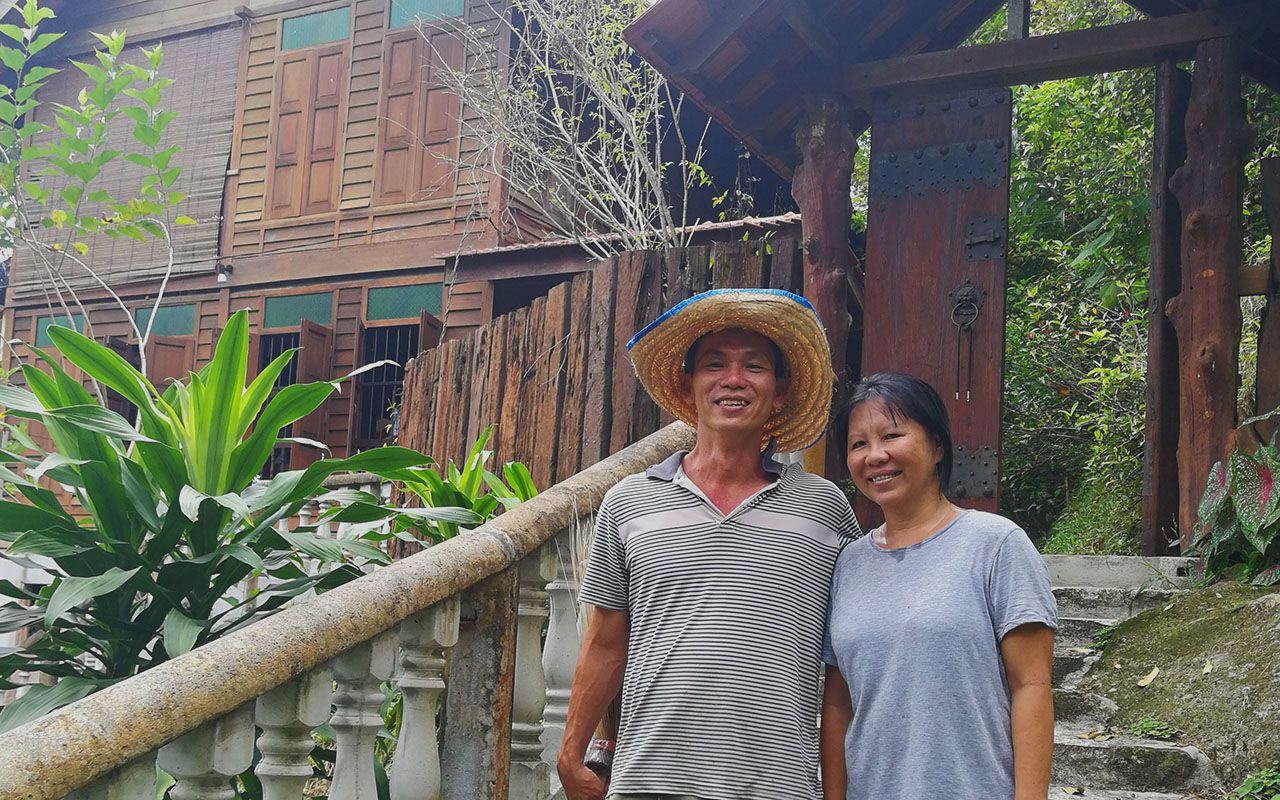
Phare Circus
Cambodia
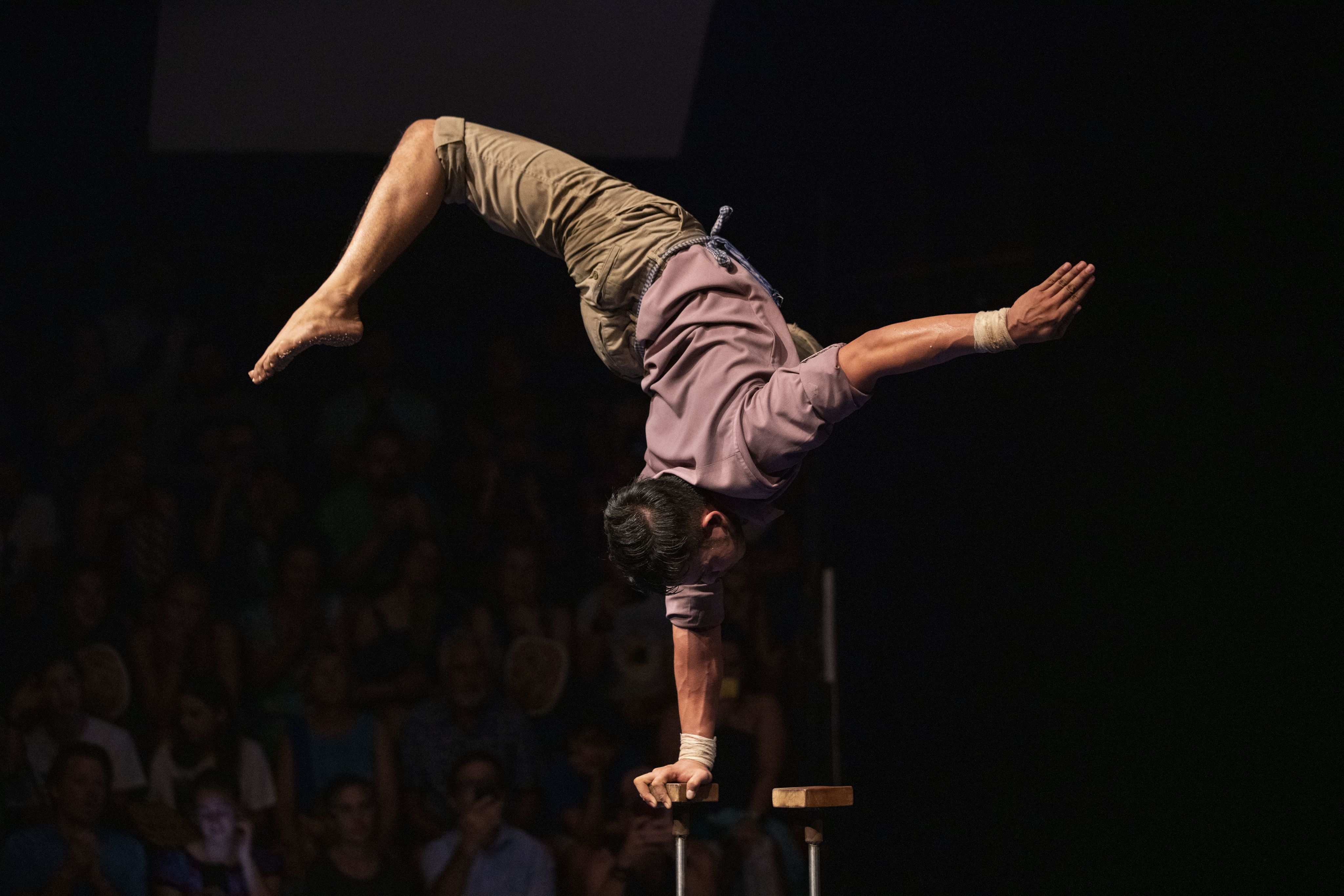
Phare Ponleu Selpak is a Cambodian non-profit school in Cambodia. Its name, when translated in Khmer, means “Brightness of the Arts”. Brightness is exactly what the students, children and youth, brought to the tent during the pandemic. The COVID-19 years meant not being able to channel all the good that art had taught them. A marginalised community which used the arts to earn a living, now had the curtains come down on their income.
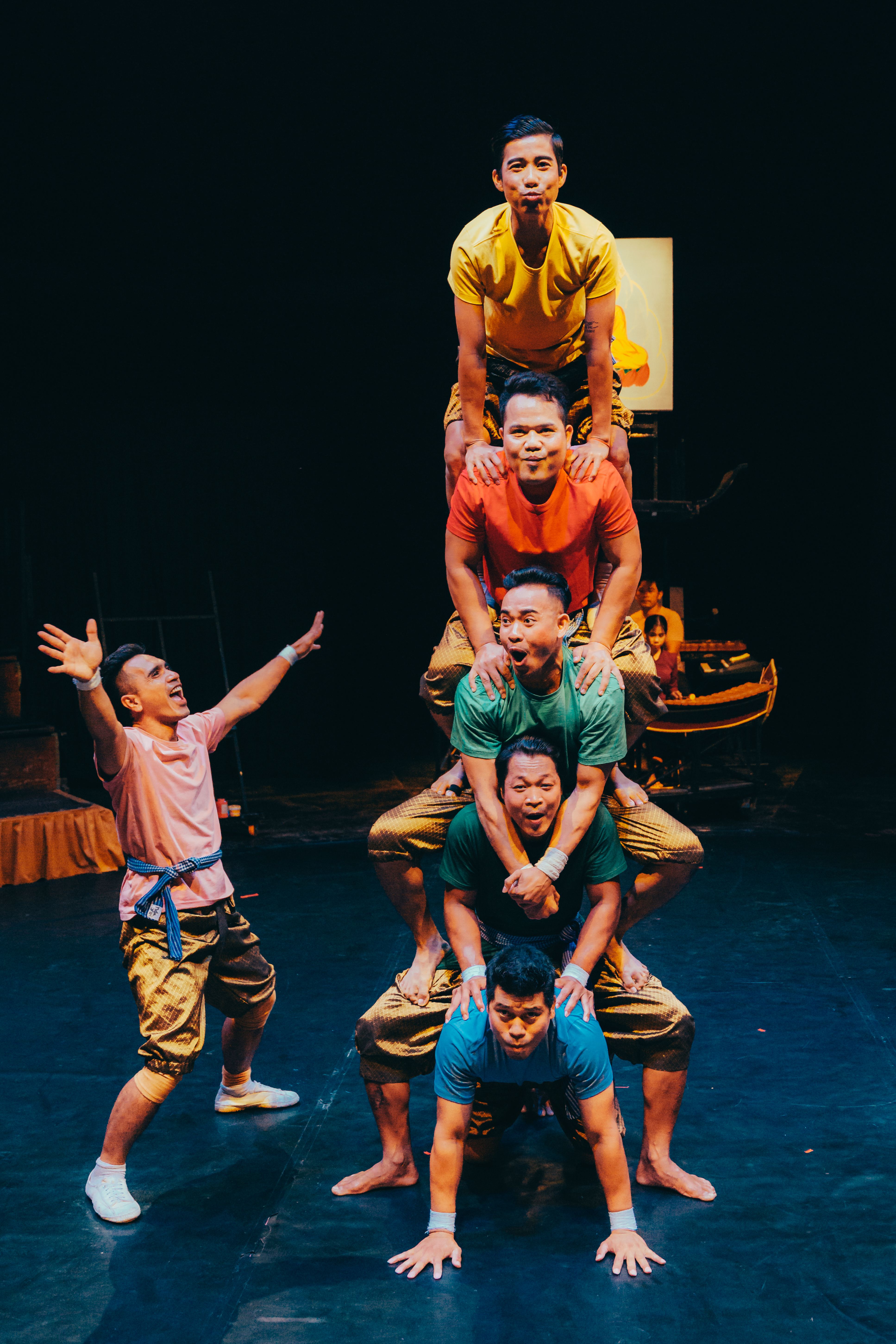
Cambodian young adults, happiest when performing at the circus
Cambodian young adults, happiest when performing at the circus
Dara Huot, the CEO of Phare Circus, the social business arm of Phare Ponleu Selpak which employs the students as performers, remembers vividly strategising on ways to get the show on the road again after the lockdown. An ‘Invite a family to the circus’ initiative allowed performances to go on. Donors could buy tickets for Cambodian families to watch a show. The tents were no longer empty spaces, gone silent. Emergency relief packages and donations all helped bring the joy and cheer of the Big Top back again.
After weathering the trials of the pandemic, the circus is up and running again - bringing employment and livelihoods back to the marginalised communities.
Today Phare travels overseas to perform and at home also sees “housefull” back on the signboards. So when you are in Cambodia, go to the circus to treasure the Cambodian art scene, have a fun time and make a difference to the lives of the locals.
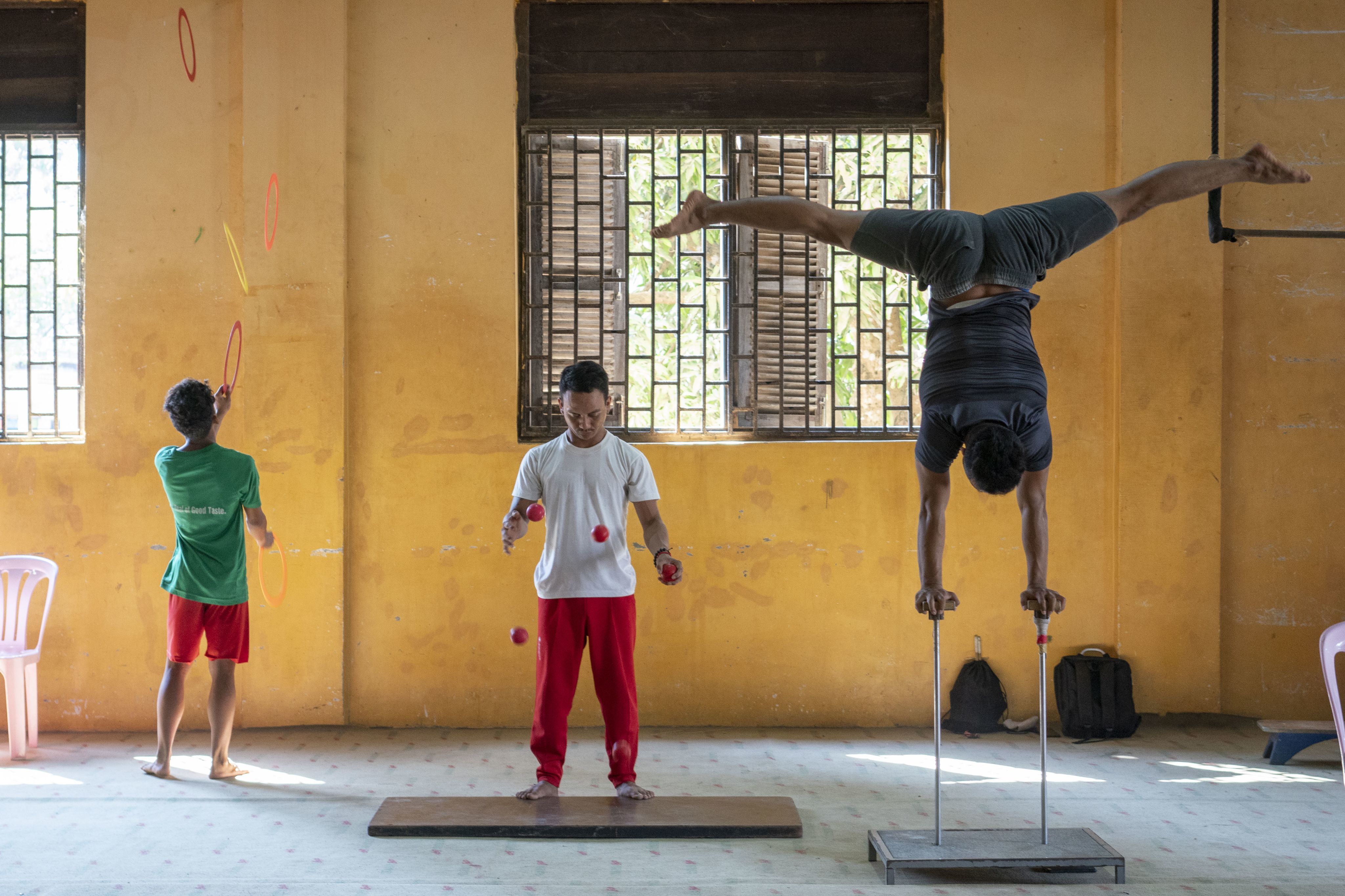

Sumba Hospitality Foundation
Indonesia
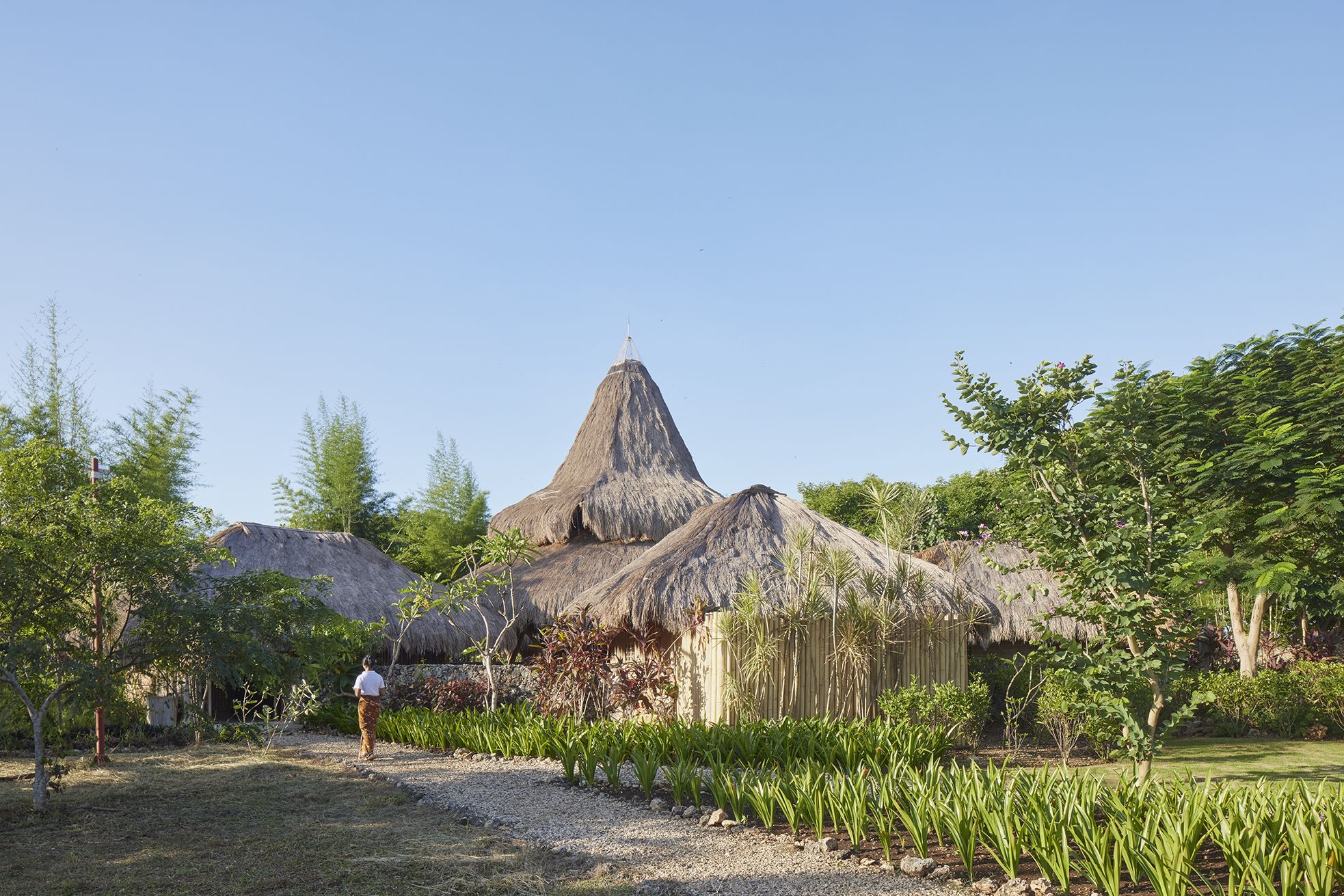
Inge De Lathauwer is the founder of the Sumba Hospitality Foundation and is in the business of using responsible tourism to spread hope and opportunities for the youth in one of the poorest regions of Indonesia - Sumba.
The aim, according to Inge, is to end the circle of poverty. They encourage the youth of Sumba to dream big and empower them through education and training before they have hands-on practice tending to tourists who stay at the foundation’s bamboo guest pavilions.
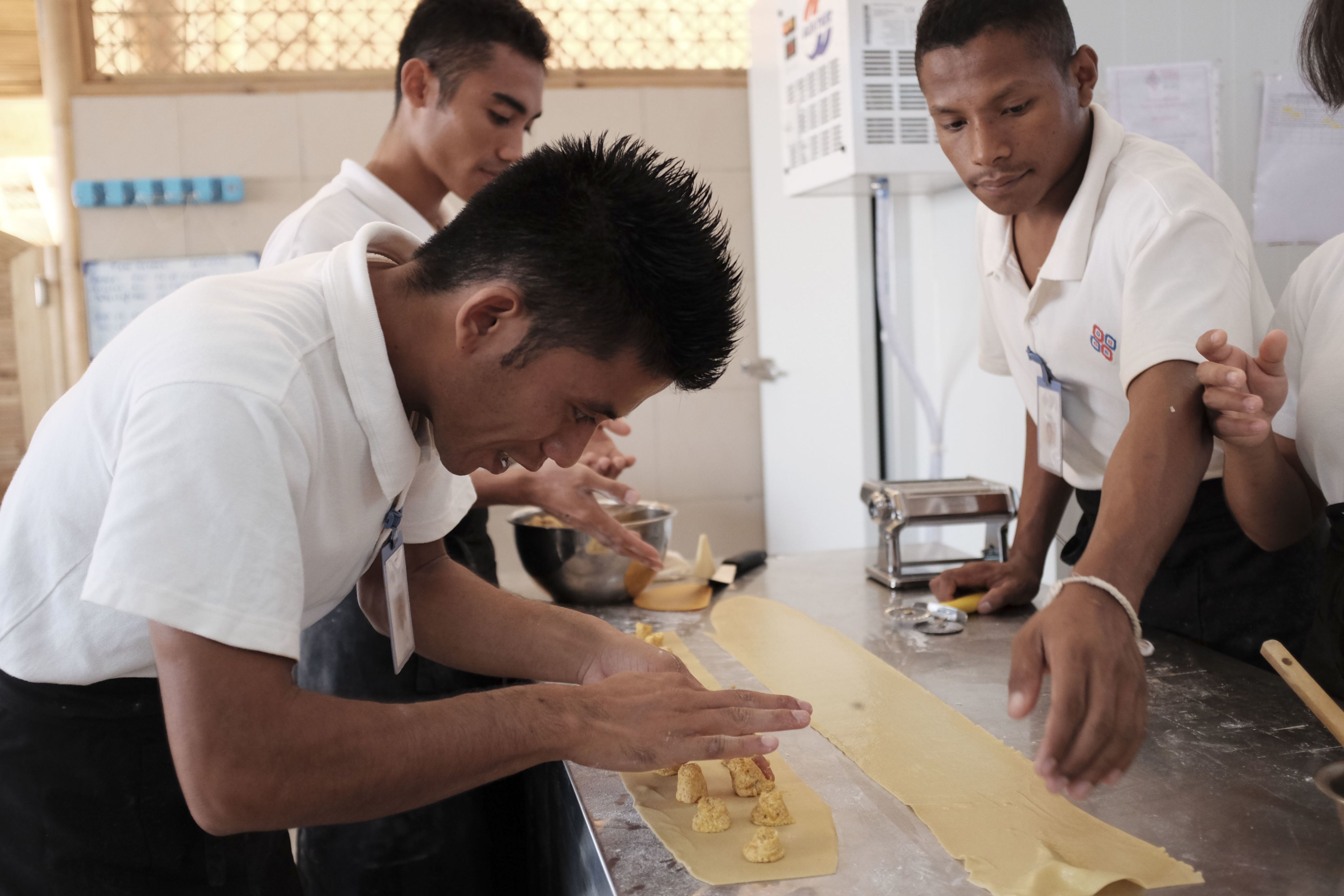
Learning the craft of cuisine
Learning the craft of cuisine
Things were going well till early 2020. But COVID-19 brought to a standstill the opportunities and the much needed tourism dollars which funded the school.
Rather than be discouraged, everyone became more resilient is how Inge describes the sentiment during the pandemic. They re-strategised, expanded, re-configured standard operating procedures and had new class schedules put in place. It was a point to pause and think.
Today, as travellers return, they too have changed like Sumba and its community. Inge points out how the pandemic brought about a shift. “People now want to take the time to appreciate more, COVID-19 made people stand still, but it also made them not go for quick fixes, and fast consumption.” She is of the view that the traveller has transformed and is now looking for more meaning.
So, if you are going to Sumba, stay with the Sumba Hospitality Foundation, where you can experience wonderful local hospitality, while making a difference to the lives of locals.
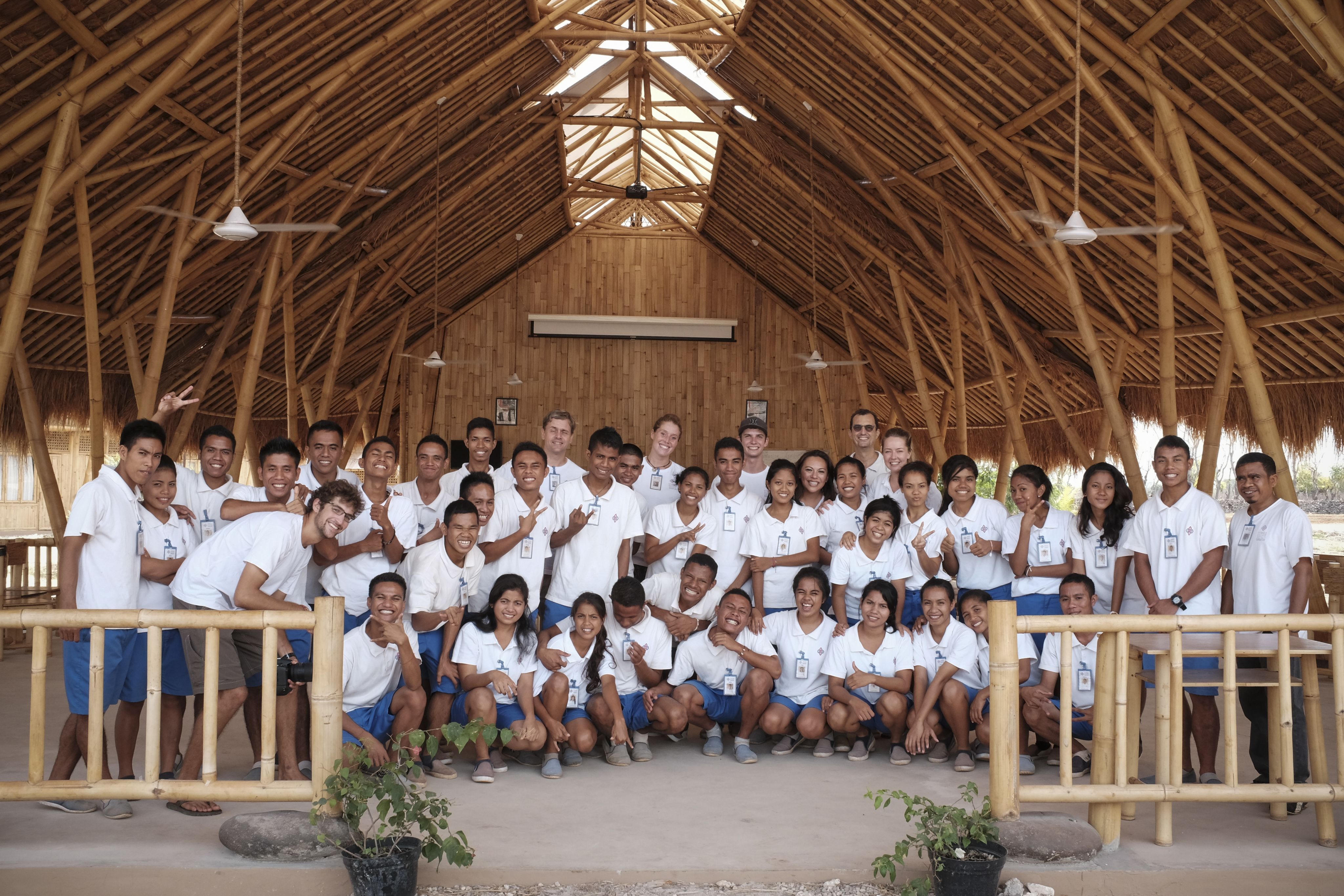
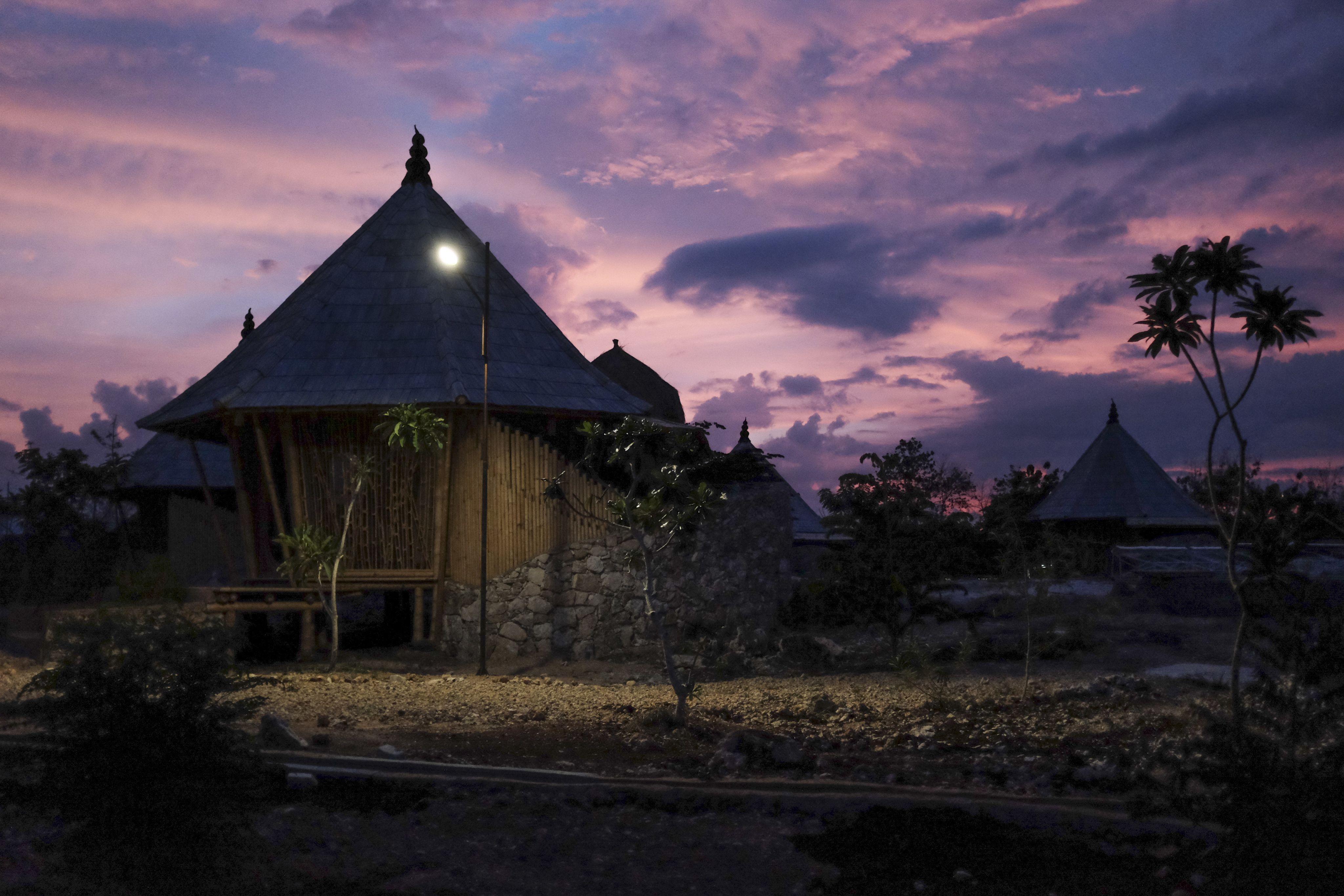
While we have featured six of our TBT profiles, there are many other responsible tourism organisations across Asia who looked after their communities during the pandemic and are continuing to make a difference today as well.
Visit The Better Traveller to discover all the gems of the region where you can travel, have a unique and enjoyable holiday, and make a difference as well.
Writer
Shobi Pereira